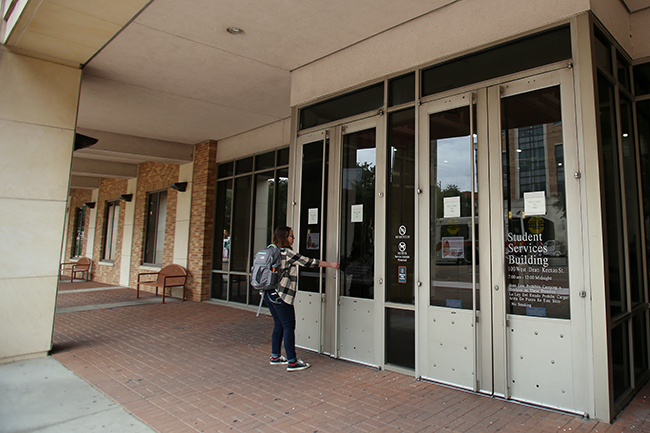A study funded by the Justice Department on sexual assault within college found that only 2 percent of sexual assault victims incapacitated by drugs or alcohol (the most common case on college campuses) reported the crime. But even of the few cases reported, it’s often a private crime, making it difficult to prove — of all rapes reported in this study, only 18 percent led to a conviction. It is easy to understand why many victims are afraid they won't be believed if they come forward.
If you’re a student at UT who’s been sexually assaulted and you’re wondering if there’s a point in making a report, there are reasons you should tell the school.
While UT’s Title IX department, part of the federal law prohibiting gender discrimination in education, provides neutral investigation, Student Emergency services exists solely to provide academic and emotional support. SES helps students get academic accommodation, counseling, and medical services regardless of the Title IX investigation results — they don’t even have to name a perpetrator.
Latoya Hill, coordinator of UT’s Title IX program, says students should not be afraid they won’t be believed.
“The University’s first obligation is to make sure our students know what their options and resources are, and to take care of them,” Hill said.
Students who fear being re-traumatized by the investigation don’t have to be involved in the investigation. They can file the report online and not be involved in the investigation at all. Once involved, they can remove themselves and retain the option to reengage at any time they wish.
If you don’t think there’s enough proof to come forward, don’t underestimate how much the University can investigate. They can take your statement, interview witnesses and examine social media posts, texts, medical evidence and photos.
The University has a very different standard than a court of law. A criminal conviction requires a case be proven beyond a reasonable doubt, whereas the University requires a preponderance of evidence, which means it must be more likely than not that the accusation is true. For those worried that the offense against them was not serious enough to report, the University has a wide array of lesser responses preceding expulsion, including probation, suspension and educational training on issues like rape culture.
Hill says some students aren’t seeking that the perpetrator be punished but that the behavior to stop. For those that don’t need emotional or academic support, making a report is still important. This can help the Title IX office to find serial perpetrators on campus, which is often a problem.
“While there may not be enough evidence to show that there was a violation in your case. You never know; in the future, there might be,” says Hill.
The Title IX office also looks at the broader context of the report. For example, they might receive reports of multiple students being harassed or assaulted in the same student organization. She says this reveals a climate safety issue.
“It allows me to get a understanding if there are patterns or major systemic issues on our campus that we need to be doing something about,” Hill said.
Reporting your assault may be scary, but the Title IX office allows you to engage on your own terms, and reporting could make a difference not only for you but for the safety of your fellow students as well.
Boushka is a psychology sophomore from El Paso.





















